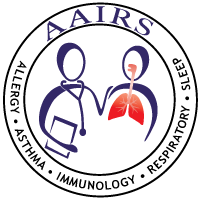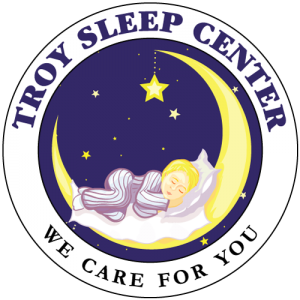One in five people in the United States have hay fever, also known as allergic rhinitis. This condition is caused by an allergic reaction to substances in the environment, such as tree, grass and weed pollens, dust mite debris, pet danders, cockroaches and molds.
Watch for these symptoms:
- Runny nose, watery eyes & sneezing
- Nasal congestion & snoring
- Itchy eyes, nose, roof of the mouth or throat
- Swollen & dark circles under the eyes
- Cough
- Facial pressure
Relief begins with a thorough examination.
If you experience persistent nasal symptoms or have nasal polyps, asthma or frequent sinus infections, you or your child may have allergies (hay fever). Our board-certified allergy/immunology specialists can help. In fact, early intervention in children may help prevent the development of asthma.
Allergy testing to determine your “triggers.”
Detailed questions will be asked about your chronic nasal condition, followed by a thorough physical examination. Skin tests will be ordered when necessary. The test consists of introducing small amounts of the suspected allergens into the skin. This allows us to identify what causes your symptoms.
Feel better with treatment.
Once the triggers have been identified, a personalized treatment plan will be outlined with you. This can include the following:
- Nasal medications to reduce inflammation
- Antihistamines to relieve itching, sneezing & runny nose
- Decongestants to reduce nasal congestion
- Other medications
- Immunotherapy, only if it is right for you.
With lifestyle changes such as environmental control mesures and medications, your allergy symptoms may improve. If not, allergen immunotherapy (allergy shots) may be prescribed. To begin, you will receive injections of the allergens once or twice weekly and eventually, once monthly for several years.

